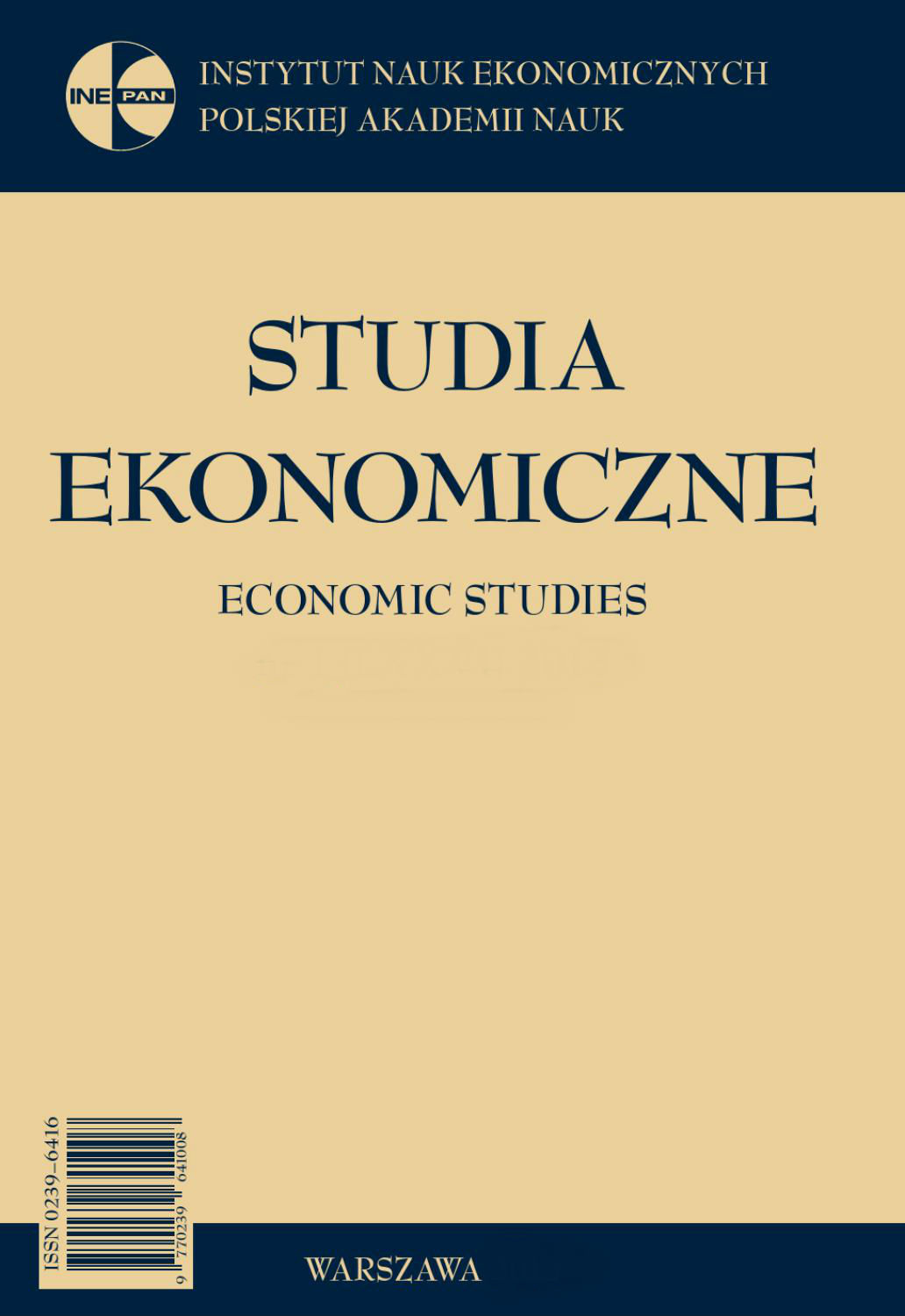Czy kryzysy finansowe zmieniają optymalny poziom rezerw dewizowych w gospodarkach wschodzących?
Do financial crises change optimal level of foreign exchange reserves in emerging market economies?
Author(s): Marek A. DąbrowskiSubject(s): Economy
Published by: Instytut Nauk Ekonomicznych Polskiej Akademii Nauk
Keywords: foreign exchange reserves; global financial crisis; emerging market economies; monetary policy
Summary/Abstract: The paper investigates accumulation of foreign exchange reserves in emerging market economies, focusing on determinants of the optimal level of reserves and the importance of financial crises. In theoretical part, main determinants of the optimal level of reserves are identified. Factors inducing monetary authority to reserve hoarding in the pre-crisis period, reasons for insufficient use of reserves as a buffer stock during the crisis, and factors that can contribute to further hoarding are examined in empirical part. Three main findings are as follows: First, in the pre-crisis period, reserves were both above their adequacy levels and levels implied by the approach based on optimization. The “keepingup-with-the-Joneses” effect played an important role. Second, reserves turned out to be useful at mitigating the crisis but empirical evidence shows that the relation between reserve stock and crisis resilience is non-linear. Moreover, monetary authorities were unwilling to rely on reserves depletion in fear of losing reserves.. Third, factors that will contribute to reserves accumulation in the post-crisis period are: an increase in probability of adverse external shocks, a rise in the expected cost of a crisis, and macroeconomic policy of low income countries whose authorities will draw on the experience of emerging market economies.
Journal: Studia Ekonomiczne
- Issue Year: 2015
- Issue No: 1
- Page Range: 7-31
- Page Count: 25

